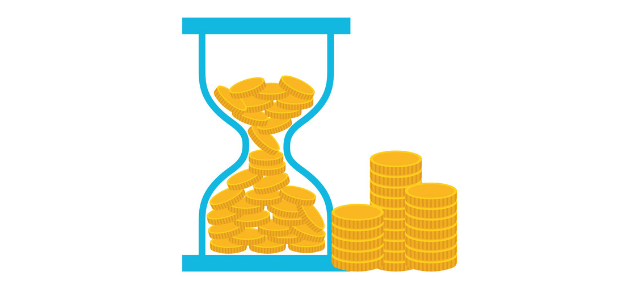You and various South Africans may be quite over the entire COVID-19 disruption round about now. Yet, you and others are perhaps still dealing with the health implications thereof – if affected by the virus itself. Or, not to mention the financial implications of the lockdown period – the effect it has (and had) on you and other consumers. Speaking of financial consequences – what about you, the consumer, that perhaps was in good standing with your creditor(s) but you had to take a payment holiday due to changes in your circumstances, such as a salary cut, for example? You have been given some relief (say three months) but now have to pay your dues. “What are you to do now?” is perhaps the biggest question you (and others) are confronted with.
Many creditors (banks) came to the table with relief solutions in the form of a personalised payment holiday package(s) and certain terms & conditions (T’s & C’s). This is all good and well for a short-term solution for you, the consumer that was able to qualify, but what if you cannot maintain this payment holiday arrangement after the agreed-upon term because you are still struggling through financial challenges?
DebtSafe’s recent (level 4 lockdown/May 2020) survey statistics reveal that 64.47% of the employed consumers do not receive their full household income during ‘lockdown’. This is certainly a high percentage and concern.
And, respondents (17.47%) with credit obligations also indicate that the debt relief option they consider is a bank offered payment holiday compared to Credit Life Insurance pay-outs, taking on additional credit or borrowing from relatives/friends as an option.
BUT, what if you (and others) that chose this option or ‘grace period’ can’t ‘pay up’ as you are struggling to make ends meet and still have not been able to get a full salary? The best thing would be is to go and talk to your bank or creditor. But, what are you (and others) to do if this does not work? The fact is, you are still liable to ‘service’ your arranged agreement(s). Feedback from the survey indicates that there are also respondents (11.90%) who would rather consider a regulated option known as Debt Review/Counselling.
Have you ever investigated such an alternative as a safe and viable option? This option gives you a way to continue paying your creditor(s) and become debt free in the process. If you receive a salary or some form of income, it is time to do your research well (as this is NOT a payment holiday), ask for a free debt assessment, and make sure you get the debt experts’ help to fix your debt situation.
So, “what are the perks of this process?” you and other consumers may ask. Hereby, to mention but a few:
- Debt Review is a regulated process under the National Credit Act (NCA).
- The National Credit Regulator (NCR) functions as the ‘body’ of this debt fixing process and regulates it by keeping an eye on registered Debt Counsellors, credit providers, payment distribution agencies, and the credit bureaus, for example.
- You get appointed to a registered Debt Counsellor that restructures your budget according to your needs and continue to be in regular communication with you during the process.
- The Debt Counsellor also negotiates with your creditor(s) and can lower your debt/credit installments to more than reasonable amounts. This enables you and other clients to make ends meet and have breathing room to cover living expenses.
- A big PLUS of this process is that your car or house is protected by a court order.
- And lastly, the Debt Counsellor handles those unnerving debt collecting calls or harassments on your behalf.
The entire COVID-19 ordeal and crisis have made it quite difficult for payment conditions and terms to be set in stone. It may be a first for various creditors to offer consumers the necessary help through this pandemic crisis/time, financially speaking. It is, therefore, difficult to provide extensive solutions or payment periods to consumers, especially you and other individuals that went the payment holiday route. Debt Review is, therefore, a sustainable option to consider when you cannot honour your agreements anymore. It is best to be proactive, do your research well to see if this type of solution can work for you, and to make sure you continue to take care of your credit obligations.
